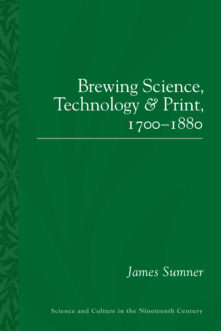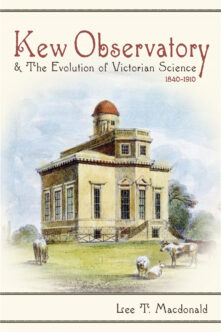Books
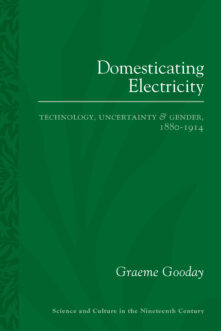
Domesticating Electricity
Technology, Uncertainty and Gender, 1880–1914
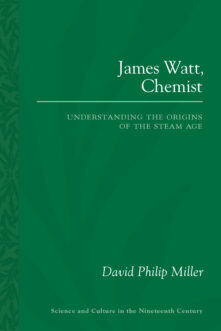
James Watt, Chemist
Understanding the Origins of the Steam Age
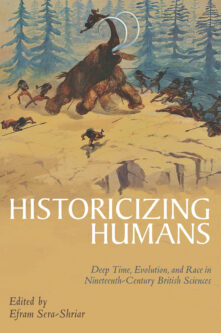
Historicizing Humans
Deep Time, Evolution, and Race in Nineteenth-Century British Sciences
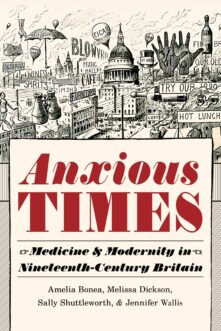
Anxious Times
Medicine and Modernity in Nineteenth-Century Britain
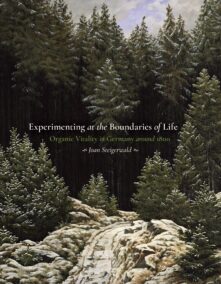
Experimenting at the Boundaries of Life
Organic Vitality in Germany around 1800
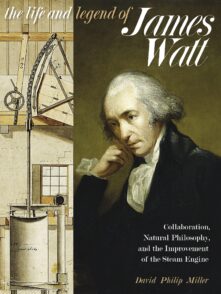
The Life and Legend of James Watt
Collaboration, Natural Philosophy, and the Improvement of the Steam Engine
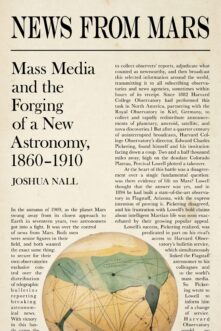
News from Mars
Mass Media and the Forging of a New Astronomy, 1860-1910
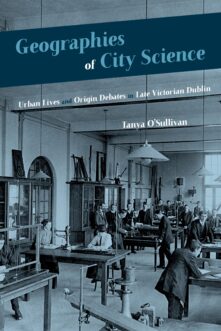
Geographies of City Science
Urban Lives and Origin Debates in Late Victorian Dublin
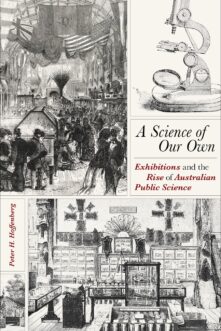
A Science of Our Own
Exhibitions and the Rise of Australian Public Science
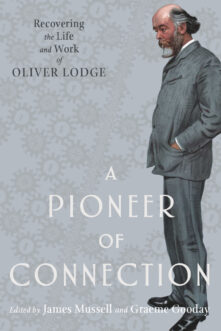
A Pioneer of Connection
Recovering the Life and Work of Oliver Lodge

The Science of History in Victorian Britain
Making the Past Speak

The Making of Modern Anthrax, 1875-1920
Uniting Local, National and Global Histories of Disease
Total 50 results found.


